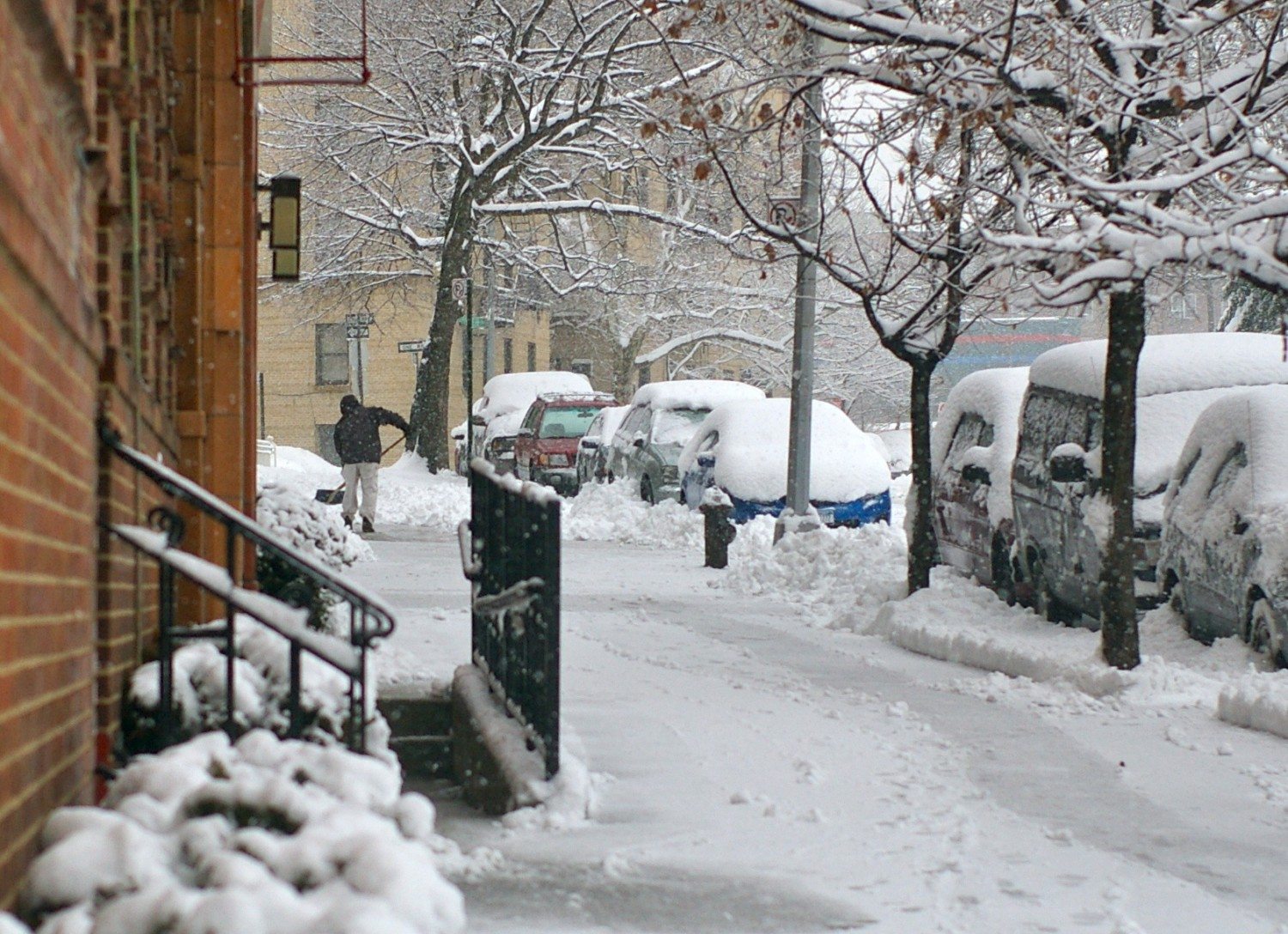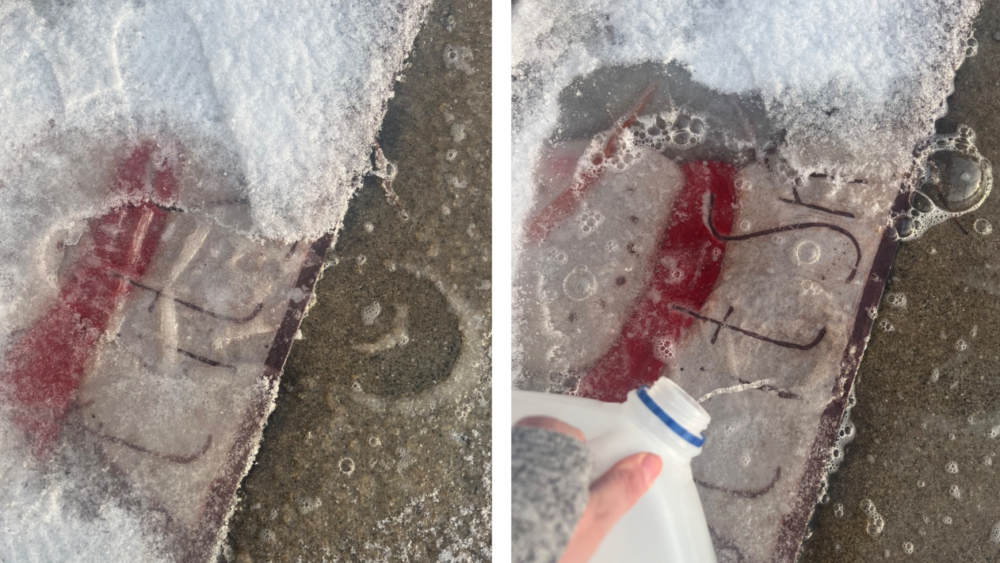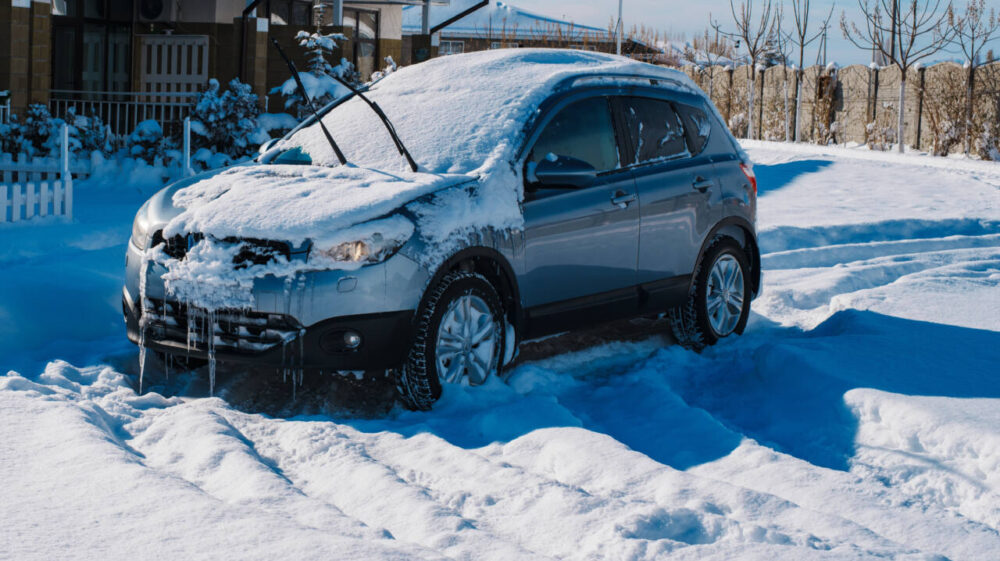Why You’re More Likely To Have A Heart Attack During The Winter
We all know winter is cold and flu season, when your chances of getting sick are much higher. But did you know that as temperatures drop, your risk of having a heart attack goes up too?
Experts say a combination of factors makes the winter months more risky for heart attacks—everything from shoveling to cold exposure contributes to the uptick from December through March.
A 2015 study conducted by researchers at the Icahn School of Medicine at Mount Sinai found that heart attacks increase by up to 31 percent during the cold-weather months of the year compared to warmer months.
“Cold weather sometimes creates a perfect storm of risk factors for cardiovascular problems,” Dr. Randall Zusman, a cardiologist with Massachusetts General Hospital, told Harvard Health Publications.
Your blood pressure is typically higher in the winter months than it is in the summer, according to the Mayo Clinic. Low temperatures cause your blood vessels to tighten, which means more pressure is needed to pump blood through your veins and arteries.
On top of that, you may suddenly be exerting more energy by walking briskly to get out of the cold or shoveling a heavy layer of snow. These bursts of activity are particularly risky for people with heart disease risk factors, such as smoking, high blood pressure, high cholesterol, diabetes and obesity.
If you are in the at-risk group, consider hiring someone else—like a neighborhood teenager—to shovel your driveway if there’s more than an inch or two of accumulation, Zusman suggests.
Icy or snowy weather may also prevent you from seeing your doctor regularly. Or, you may not be able to get to the pharmacy to refill important prescriptions.
Don’t wait until the last minute to visit the drugstore, and make sure you have enough medication on hand to get you through any impending storms, experts recommend.
Your overall health is also important for fending off heart attacks. Wash your hands regularly and get a flu shot to avoid influenza, which can cause dehydration and an increased heart rate.
One more thing: Winter is chock-full of parties, family dinners and other events that may prevent you from sticking to your regular exercise routine. Stick with your workouts and go easy on the sweets and alcoholic beverages—your heart will thank you.
Remember, too, that heart attack warning signs can include less-obvious symptoms, such as extreme fatigue, nausea, vomiting and sweating.
[h/t: Consumer Reports]






